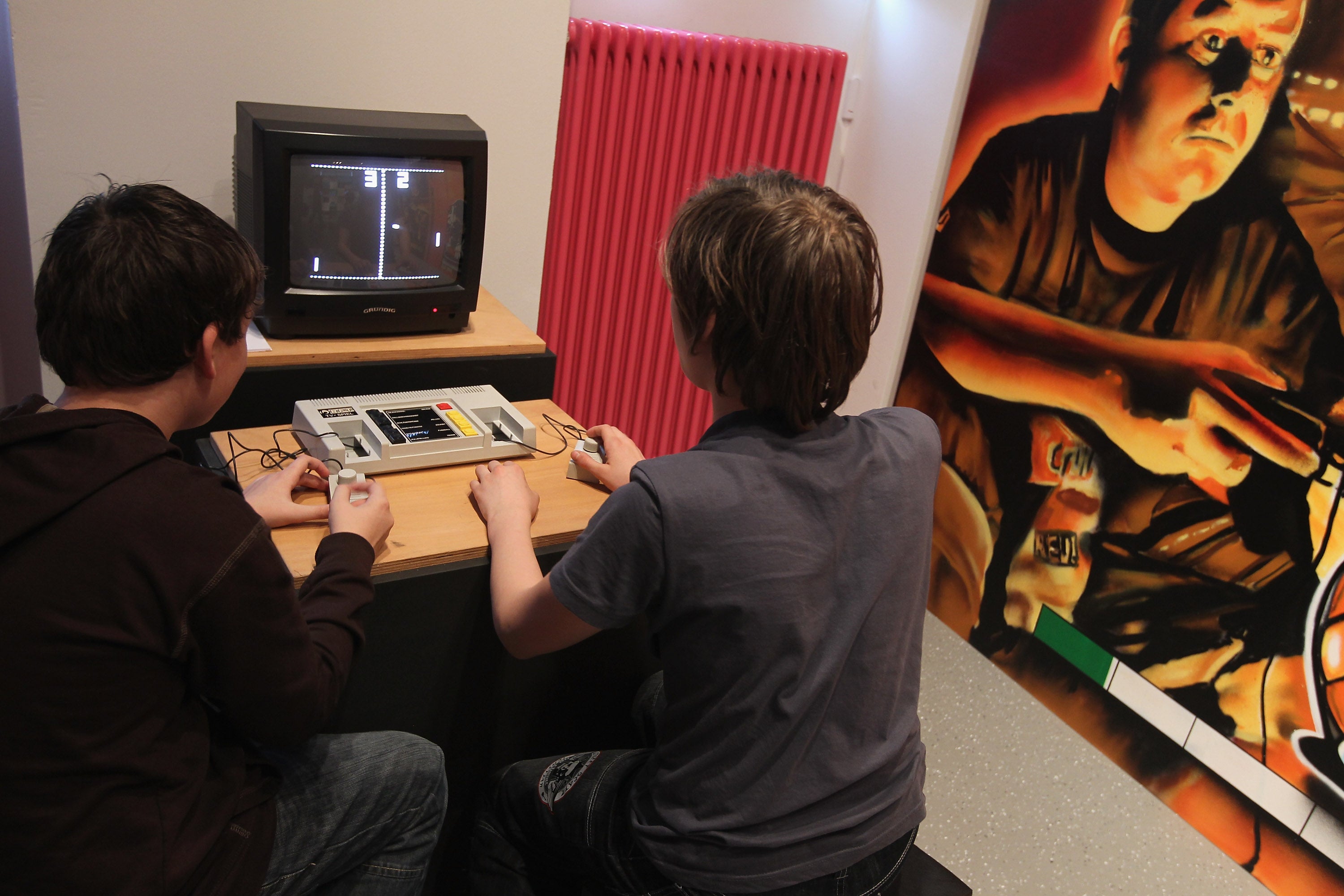‘Blob’ of material is able to learn like a living thing, scientists say
‘Our research shows that even very simple materials can exhibit complex, adaptive behaviours typically associated with living systems or sophisticated AI,’ scientist says

Your support helps us to tell the story
From reproductive rights to climate change to Big Tech, The Independent is on the ground when the story is developing. Whether it's investigating the financials of Elon Musk's pro-Trump PAC or producing our latest documentary, 'The A Word', which shines a light on the American women fighting for reproductive rights, we know how important it is to parse out the facts from the messaging.
At such a critical moment in US history, we need reporters on the ground. Your donation allows us to keep sending journalists to speak to both sides of the story.
The Independent is trusted by Americans across the entire political spectrum. And unlike many other quality news outlets, we choose not to lock Americans out of our reporting and analysis with paywalls. We believe quality journalism should be available to everyone, paid for by those who can afford it.
Your support makes all the difference.Scientists have taught a piece of material to play the game Pong, they say, in a major breakthrough.
A simple hydrogel – a soft, flexible material – was able to play the game and learn so that it improved over time, researchers say.
It could represent a major change in the way we use and understand seemingly inert materials and objects.
“Our research shows that even very simple materials can exhibit complex, adaptive behaviours typically associated with living systems or sophisticated AI,” said Yoshikatsu Hayashi, from the University of Reading, who led the work.
“This opens up exciting possibilities for developing new types of ‘smart’ materials that can learn and adapt to their environment.”
Researchers believe that the learning effect comes from the movement of charged particles in the hydrogel. They change in response to electrical stimulation, which allows them to keep a kind of memory.
“Ionic hydrogels can achieve the same kind of memory mechanics as more complex neural networks,” said first author Vincent Strong, a robotics engineer from the University of Reading. “We showed that hydrogels are not only able to play Pong, they can actually get better at it over time.”
Scientists have previously found that brain cells, placed in a dish, were also able to learn to play Pong when taught by being electrically stimulated in a way that gave them feedback.
The new research suggests that those same feedback loops can work in a similar way in an artificial system.
They suggest that effect could be exploited to build new kinds of AI systems. Artificial intelligence works in a way inspired by the mechanisms of the brain – and so engineers may be able to harness that new kind of “intelligence” in apparently simply systems such as the hydrogel.
Scientists hope to further examine the effect with a view to understanding how that memory mechanism actually works and whether the material would be able to do other tasks.
A paper describing the work, ‘Electro-Active Polymer Hydrogels Exhibit Emergent Memory When Embodied in a Simulated Game-Environment’, is published in the journal Cell Reports Physical Science.
The team behind it recently published another paper in which they showed how a different hydrogel material could be made to beat in rhythm with a pacemaker. That was the first time it had been done with something other than a living cell.
Join our commenting forum
Join thought-provoking conversations, follow other Independent readers and see their replies
Comments